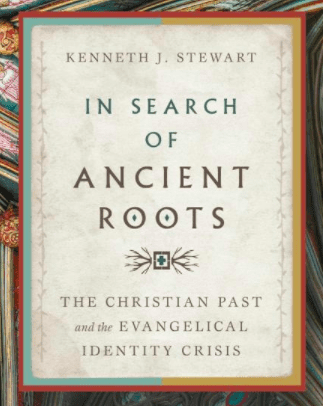Pete Enns recently posted about evangelical professors dying at their institutions because their ideas are unwelcome and, which is more likely, if their ideas were to become public they’d lose their jobs.
After reading Pete’s observations, what would you recommend professor/the institutions to do?
Here is a clip or two from Pete’s post:
I’ve had far too many conversations over the last few years with trained, experienced, and practicing biblical scholars, young, middle aged, and near retirement, working in Evangelical institutions, trying to follow Jesus and use their brains and training to help students navigate the challenging world of biblical interpretation.
And they are dying inside.
Just two weeks ago I the latest in my list of long conversations with a well-known, published, respected biblical scholar, who is under inhuman stress trying to negotiate the line between institutional expectations and academic integrity. His gifts are being squandered. He is questioning his vocation. His family is suffering. He does not know where to turn.
I wish this were an isolated incident, but it’s not….
Here’s the familiar scenario. The “best and brightest” students in Evangelical seminaries work hard and are encouraged and aided by their professors to pursue doctoral work. Many wind up going to some of the best research universities in the world.
This is a feather in everyone’s cap, and often they are hired back by their Evangelical school or elsewhere in the Evangelical system.
Sooner or later these professors find out is that their degree may be valued but their education is not.
During graduate school they begin to see issues from a different perspective–after all, this is what an education does. An education does not confirm what we already know, but expose us to new things in order to broaden our horizons.
Once they start teaching, they bring with them the excitement of learning new things, some synthesis of old and new to their students, because they feel such conversations are necessary for intellectual and spiritual health.
But Evangelicalism does not exist to create these conversations, but to keep them from happening–or perhaps from getting out of hand. Decision makers are gatekeepers, and they rarely have the training or the inclination to walk the same intellectual and spiritual path. A strong response is inevitable.
This leaves these scholars to ponder how to engage that conversation with their students carefully but with integrity–which is to consign themselves to a life of cognitive dissonance. Either that or they bury their academic and spiritual instincts for fear of losing their jobs.
This is what happens to the “best and brightest” Evangelicals.











